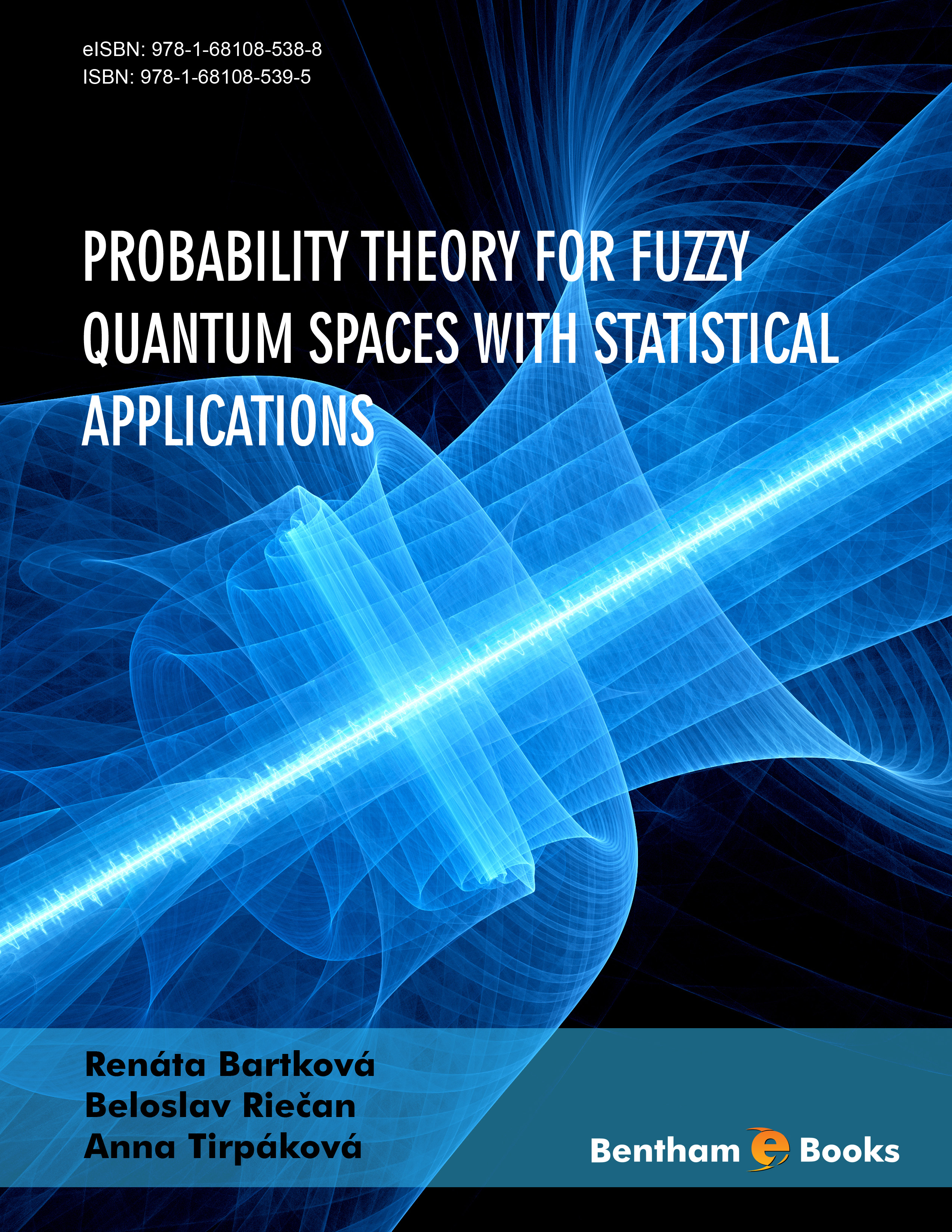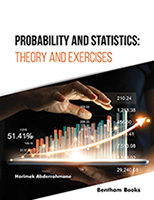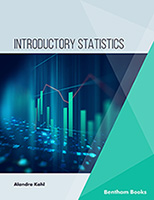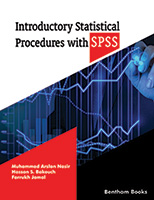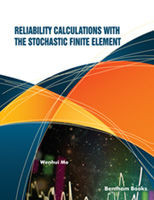This publication is a result of cooperation of three generations of authors: Dr. h. c.mult. prof. RNDr. Beloslav Riečan, DrSc., prof. RNDr. Anna Tirpáková, CSc. and Mgr. Renáta Bartková, PhD. I have been related with all the three of them through cooperation during several years.
From 1985 to 1989 we were colleagues with professor B. Riečan at the Department of Mathematics of Military College in Liptovský Mikuláš. That time I was just a novice lecturer, but professor B. Riečan joined our department as a distinguished and highly regarded Slovak mathematician. In that period his scientific work was focused on theory of measure and integral on ordered structures, and probability theory on non-Boolean structures - orthomodular lattices, posets, so called quantum logics. He also guided some of his new colleagues into these branches, namely B. Harman, J. Haluška, F. Chovanec, M. Jureèková, F. Kôpka, P. Malièký, J. Rybárik, E. Rybáriková-Drobná. It was in those times, in the second half of 1980s, that B.
Riečan suggested introducing the notion of uncertainty based on fuzzy sets
principle into quantum logics. He defined the term of F-quantum space (fuzzy
quantum space) where the main terms were F-state and F-observable. F-quantum
spaces became the subject of intensive study of group known as Slovak school of
fuzzy sets whose standard bearers besides B. Riečan were A. Dvurečenskij and R.
Mesiar. Besides the above mentioned personalities from Liptovský Mikuláš several
others gradually joined the group, namely S. Bodjanová (University of Economics
in Bratislava), J. Bán and M. Kalina (Faculty of Mathematics, Physics and
Informatics of Comenius University in Bratislava), A. Kolesárová and M. Šabo
(Slovak University of Technology in Bratislava), D. Markechová (UKF Nitra), A.
Tirpáková (Institute of Archaeology, Slovak Academy of Sciences in Nitra), B.
Stehlíková (District Housing Enterprise Nové Zámky), P. Vojtáš, R. Friè, M. Papèo
(Mathematical Institute, Slovak Academy of Sciences in Bratislava - separate unit
in Košice), M. Gavalec (Technical University of Košice), V. Janiš (Matej Bel
University in Banská Bystrica), A. Marková-Stupòanová (Slovak University of
Technology in Bratislava). During his stay in Liptovský Mikuláš professor Riečan
chose for another meeting point of people from all around the former
Czechoslovakia interested in fuzzy sets the nearby valley Jánska dolina, and thus
he contributed in great extent to the emergence of Czech-Slovak and later on Czech-
Slovak-Polish conferences Theory and Applications of Fuzzy Sets. After the
change of political system in Czechoslovakia these trilateral conferences grew
bigger and became international biennial conferences FSTA (Fuzzy Sets Theory
and Applications) which have regularly taken place in Liptovský Ján since 1992.
During the first FSTA conference F. Kôpka, at that time a postgraduate student supervised by B. Riečan, proposed fuzzy quantum model in which the primary
operation is the partial operation of difference of fuzzy sets. He named this model
a difference poset of fuzzy sets (D-poset of fuzzy sets). D-posets of fuzzy sets as
well as their generalized abstract structure, difference posets (D-posets), were
highly accepted by international community of mathematicians. D-posets
interrelated algebraic structures which had seemed to be mutually unrelated until
that time - quantum logics and multiple-valued logics (MV-algebras).
Unfortunately, in 2008 a severe illness untimely ended life of F. Kôpka. In order to
honour his memory, B. Riečan named D-poset of fuzzy sets with another special
operation of product of fuzzy sets as Kôpka’s D-poset. In further period professor
Riečan together with his postgraduate students dedicated themselves mostly to
development of probability theory on MV-algebras and IF-sets. In September 1987
I together with my colleague F. Kôpka attended an internship at the Mathematical
Institute of Slovak Academy of Sciences in Bratislava under the supervision of an
expert professor A. Dvurečenskij. There we met A. Tirpáková, a postgraduate
student supervised by professor Dvurečenskij. Together we studied quantum
structures, fuzzy sets theory, and explored F-quantum spaces introduced by B.
Riečan. A. Tirpáková was mainly focused on F-observables, their summability,
various types of their convergences; she studied ergodic theory on F-quantum
spaces and achieved remarkable results in this branch. Since then we regularly met
on scientific conferences, such as PROBASTAT, Winter School on Measure
Theory, Theory and Applications of Fuzzy Sets, FSTA and Nitra Statistical Days.
The third author, R. Bartková, started her postgraduate study under supervision of professor Riečan in 2011, but then the supervision of her study was passed to me. In her dissertation she devoted herself to study of validity of fundamental theorems on extreme values on various algebraic structures: non-additive probability space, fuzzy quantum space, MV-algebras and IF-events. In addition to the above mentioned theoretical contribution, she also achieved practical contribution to statistical processing of concrete data from IF-sets by means of principal component analysis and factor analysis in order to reduce the dimension of data set.The results she achieved are included in several chapters of this publication.
The authors of publication Probability Theory for Fuzzy Quantum Spaces with Statistical Applications introduce the reader into the issues of probability theory, gradually from the traditional Kolmogorov probability space where the domain is set algebra, then Zadeh space focused on fuzzy sets, continuing with probability theory on IF-sets, MV-algebras, and finally on F-quantum spaces. The reader can get a coherent picture about the issues of probability theory on particular algebraic structures, and thus become able to judge mutual relationships and differences.
Thanks to high scientific and methodical erudition of the authors the publication is written in an accessible and comprehensible style. I am confident that it is going to be a sought-after study material for students, postgraduate students, and for all those interested in the given issues.
doc. RNDr. Ferdinand Chovanec, CSc.
Department of Natural Sciences
Armed Forces Academy
Liptovký Mikuláš, Slovakia

